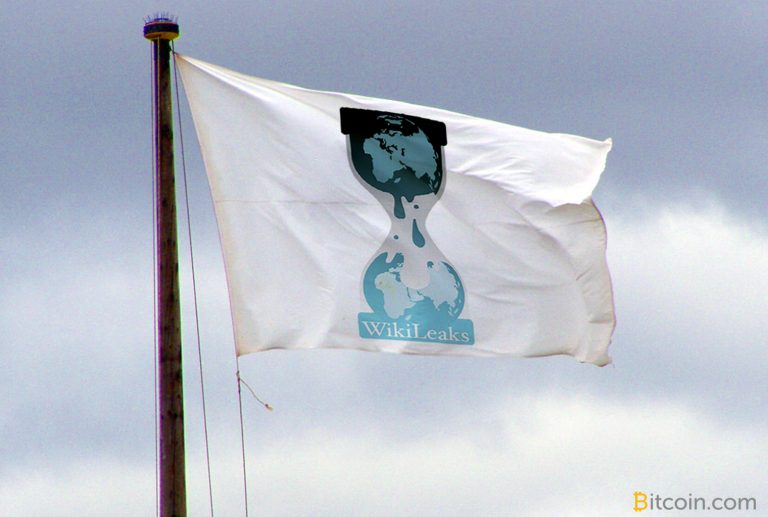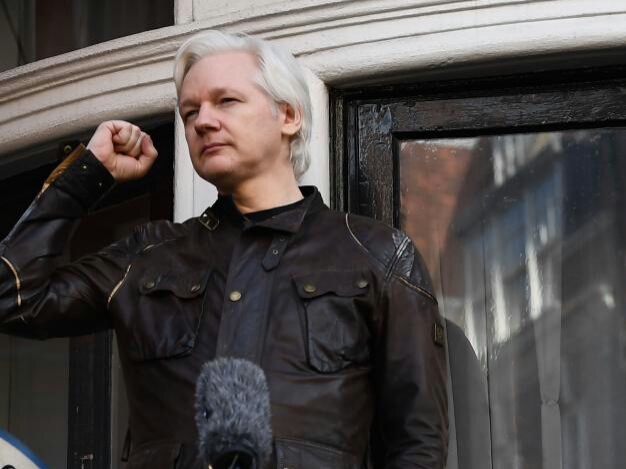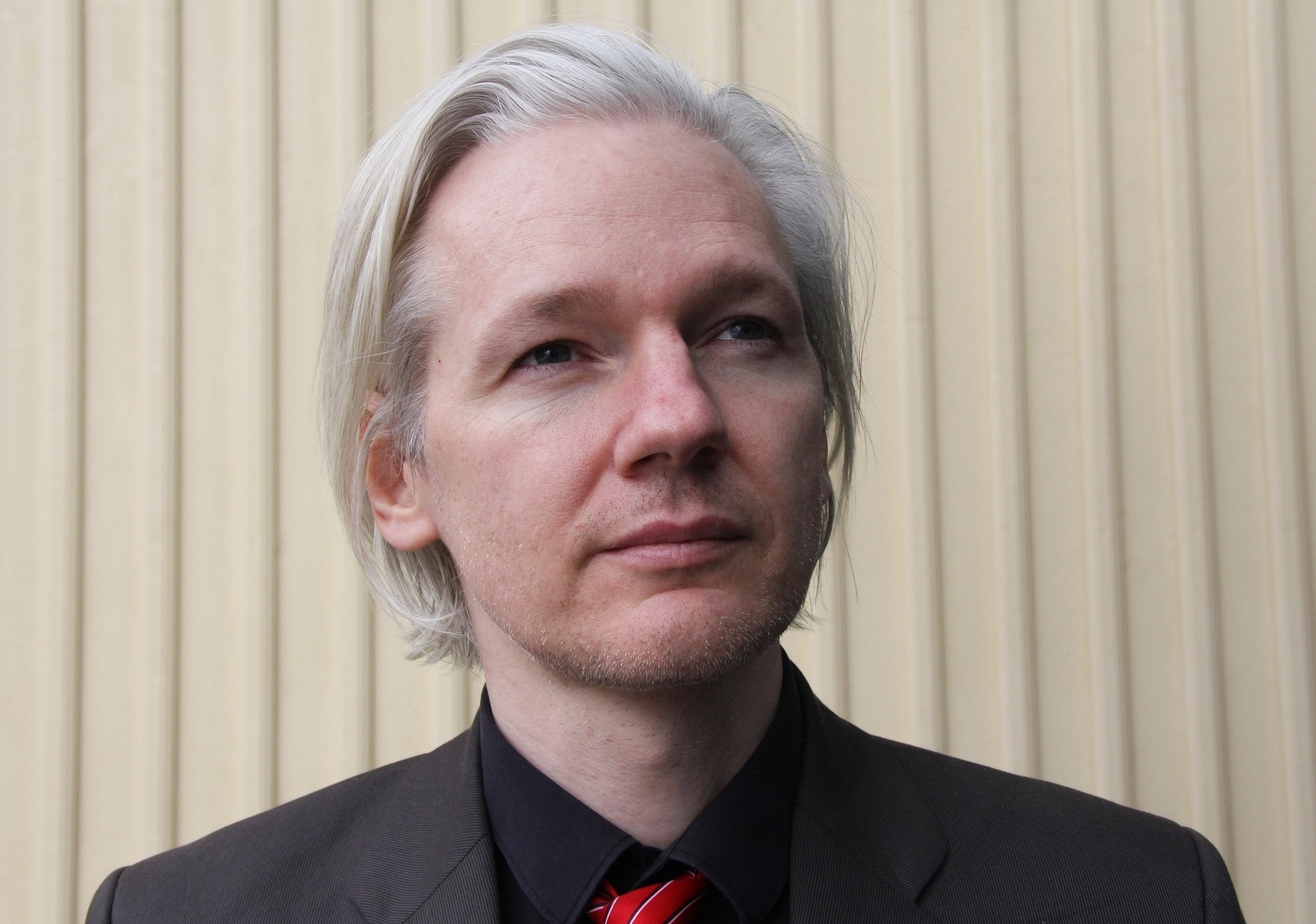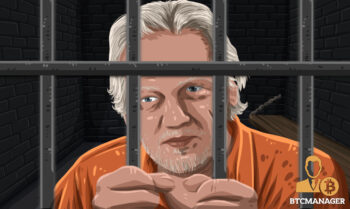2019-4-13 17:45 |
Julian Assange’s ascension into mainstream media following his arrest in London on April 11, 2019, was nothing short of controversial, not just because of his alleged endeavors against the United States, but also for what it represented for many, the death of press freedom.
He may have been a pioneer in engineering a new era in journalism, but unknown to many is his association with the cryptocurrency/decentralization realm. Long before he even thought of Wikileaks, the Australian man played a crucial role in bringing forth decentralization. Moreover, after the launch of Bitcoin, he was one of the few who believed in what a truly decentralized currency had to offer.
However, to understand this, we have to go back to his feud with the US government and how the fight for unraveling buried truths propelled a new epoch in the history of Bitcoin.
Acoustic Shock
Wikileaks, Assange’s baby project, which grew by massive proportions following the leak of sensitive US government info relating to war crimes in the Middle East, was allegedly not in line with the government’s vision.
His reportage of war crimes in Iraq opened the US to universal criticism, something that had never happened previously in such magnitude. With little to defend its position, the US had to face the wrath of its own people as they vocally voiced their dissent.
This act made him an enemy of the state almost overnight, forcing him to eventually take refuge at the Ecuadorian Embassy in London. However, his steadfast conduct marked the dawn of a new society, one where every citizen was aware of what their government was capable of doing.
The ‘Digital Gold’ Rush
However, even good journalism needs money to work with. No working bank or firm would come out in support of an organization that had gained ‘criminal’ status for leaking ‘sensitive military’ details. All transactions were associated with a name and risking one’s livelihood for finding the truth was not the ideal choice, even for the strongest of supporters.
Wikileaks and Assange knew this and their search for an alternative came to a halt when they came across Satoshi Nakamoto’s Bitcoin. It had everything they could have asked for, anonymity, speed, no borders and value. Inadvertently, Wikileaks was making history again. This time, by supporting an idea which would eventually grow into one of the biggest financial movements the world was not ready for, but was in dire need of.
A tale of flowers and friendship
Julian Assange finding Bitcoin was no coincidence. It was a well-calculated and researched move because unknown to many, he was already part of a movement aiming to bring ‘financial freedom’ to the masses, the Cypherpunk movement. The movement aimed at using cryptography and strong privacy tools to bring social and political changes.
His tryst with the movement made him wary of centralized institutions and according to reports, the Wikileaks Founder initiated a dialogue on digital cash, long before Bitcoin came into existence.
This made Bitcoin his favorite choice for funding his project. He even spoke about the same during a Reddit AMA. He said,
“Bitcoin is an extremely important innovation, but not in the way most people think. Bitcoin’s real innovation is a globally verifiable proof of publishing at a certain time… The blockchain nails down history, breaking Orwell’s dictum of ‘He who controls the present controls the past and he who controls the past controls the future.”
Brothers in Arms
Wikileaks started accepting Bitcoin as early as 2010 as soon as Assange understood what the currency was capable of. Though Wikileaks was in the limelight for the wrong reasons, it did help bring Bitcoin into the open. Such was the influence Wikileaks had that Satoshi Nakamoto himself commented on what Wikileaks accepting Bitcoin meant for the cryptocurrency ecosystem. In a statement from his now inactive account, he said,
Source: crypto-news.in
With more information about Bitcoin and what it stood for, it became clear as to what both Assange and Bitcoin were: the Resistance. They were fighting against centralized control over value and data, two elements that needed to be free of control, according to them.
Since then, Wikileaks has supported Bitcoin and more recently, Zcash. As donations started pouring in, not only did Wikileaks grow, so did a relatively unknown player, a decentralized store of value called Bitcoin.
Adoption since then has been massive, with Wikileaks registering over $30,000 in donations using Bitcoin following Assange’s arrest on April 11. The magnitude of their successful partnership is reflected by the sheer amount of money they have received using cryptocurrencies. According to sources, the organization received over $22 million in Bitcoin and Zcash donations between 2010 and 2017.
Assange even thanked the organization for monetary support. He said,
“My deepest thanks to the US government, Senator McCain and Senator Lieberman for pushing Visa, MasterCard, Payal, AmEx, Mooneybookers, et al, into erecting an illegal banking blockade against WikiLeaks starting in 2010. It caused us to invest in Bitcoin — with > 50000% return.”
Therefore, it is no wonder that many cryptocurrency enthusiasts have come out in support of Assange, following his arrest. Roger Ver tweeted,
Source: Twitter
Even John McAfee showcased his support for the whistle-blower in a reply to Ver’s tweet,
Source: Twitter
Cobra, Co-founder of Bitcoin.org, tweeted,
Source: Twitter
The post Julian Assange’s tryst with crypto-world: How a whistle-blower brought Bitcoin to the masses appeared first on AMBCrypto.
origin »Bitcoin price in Telegram @btc_price_every_hour
Julian Coin (JLN) на Currencies.ru
|
|
















